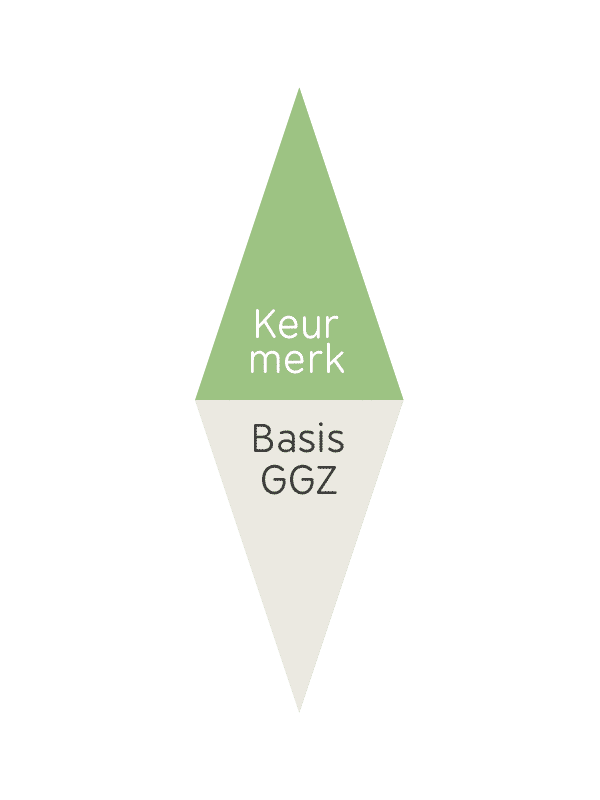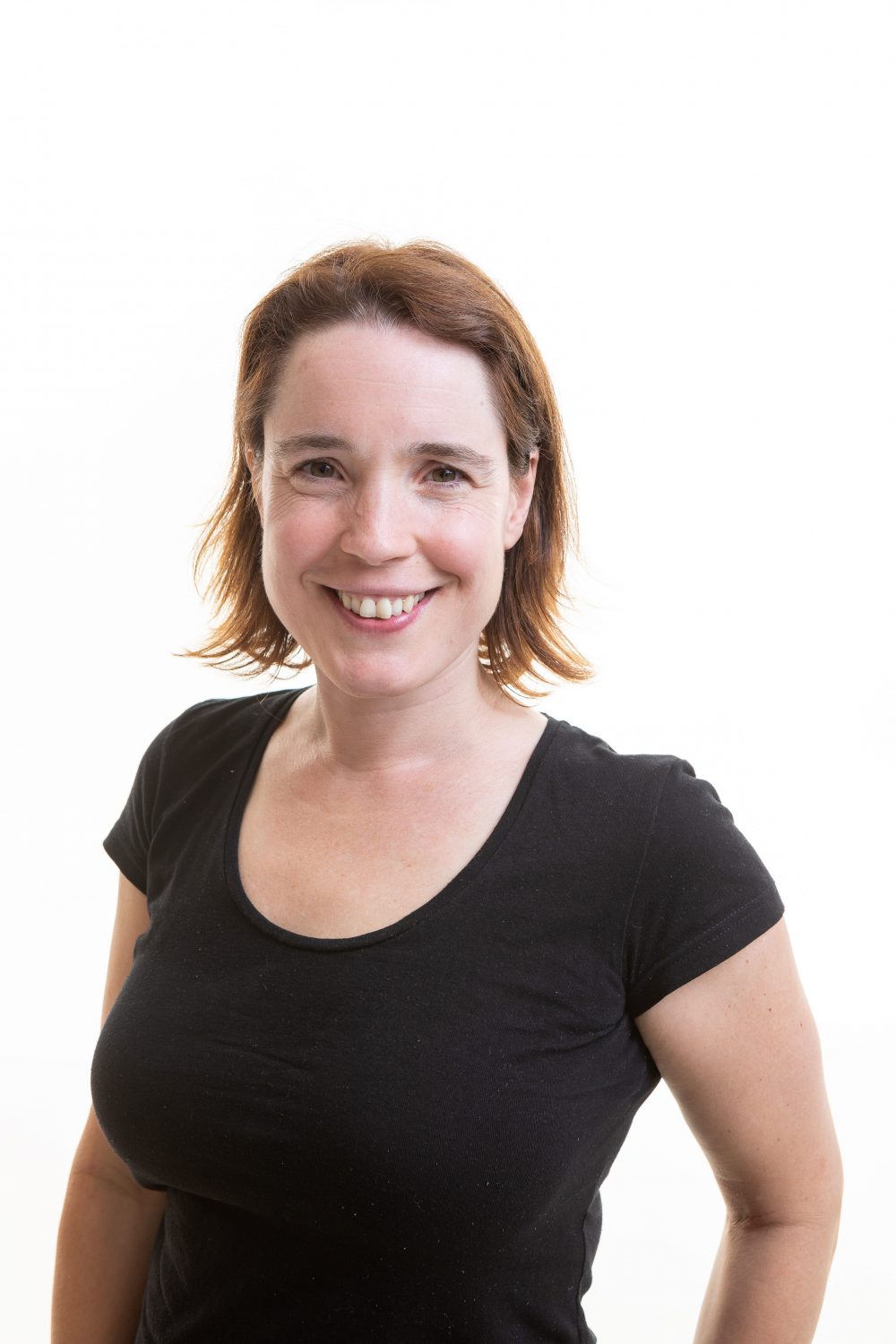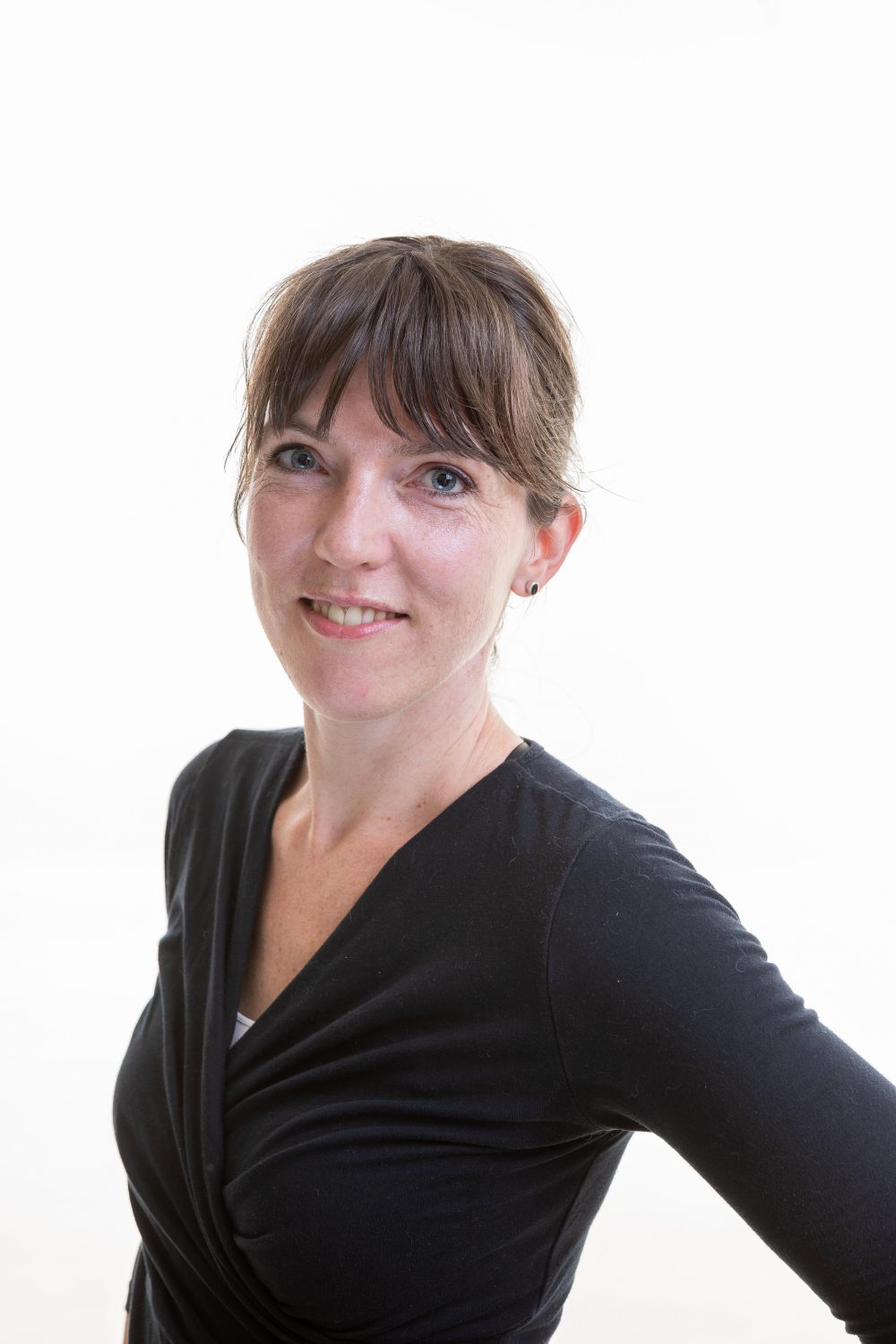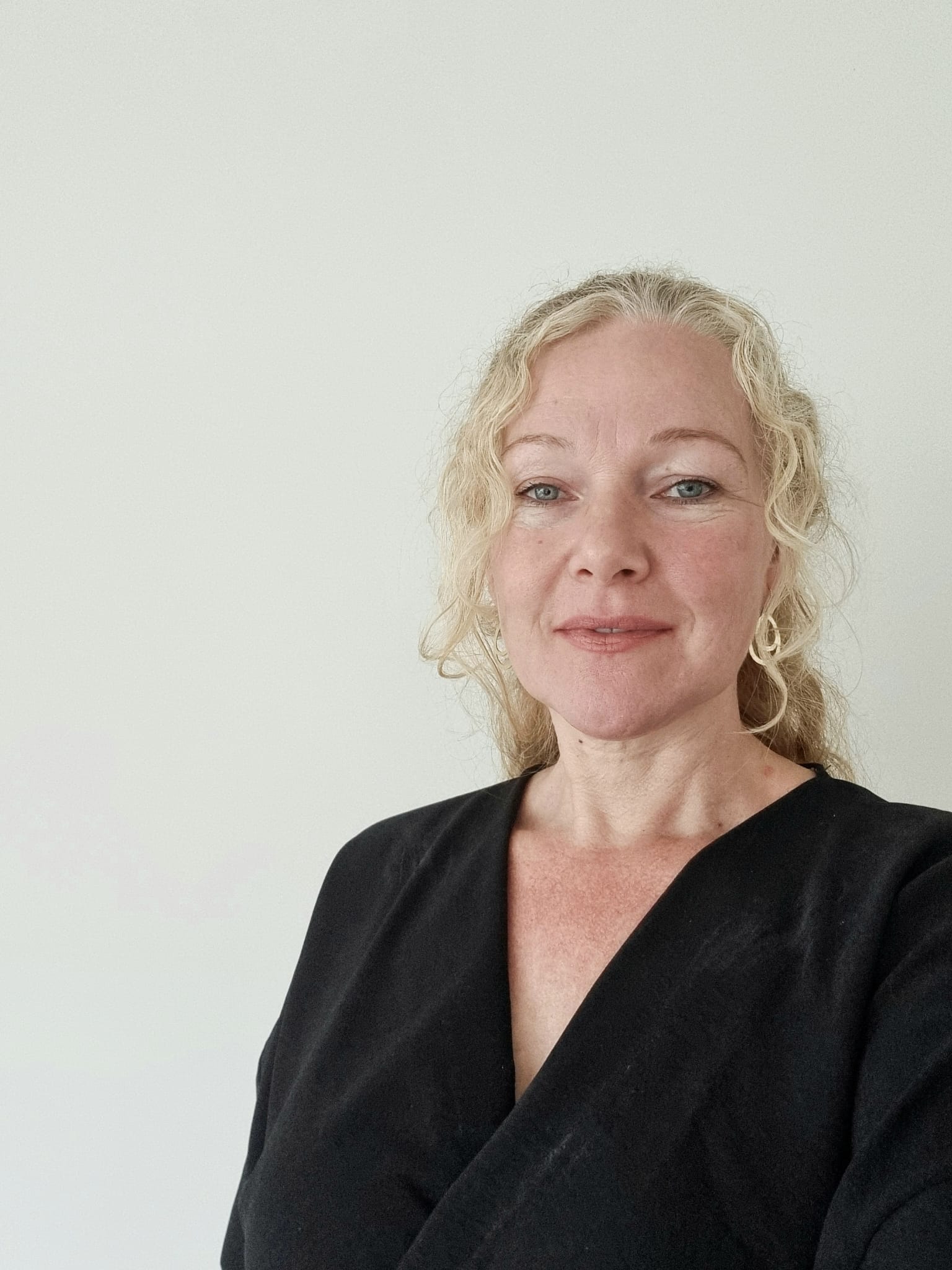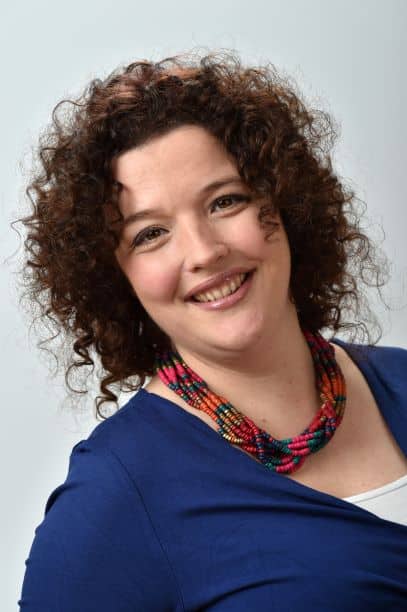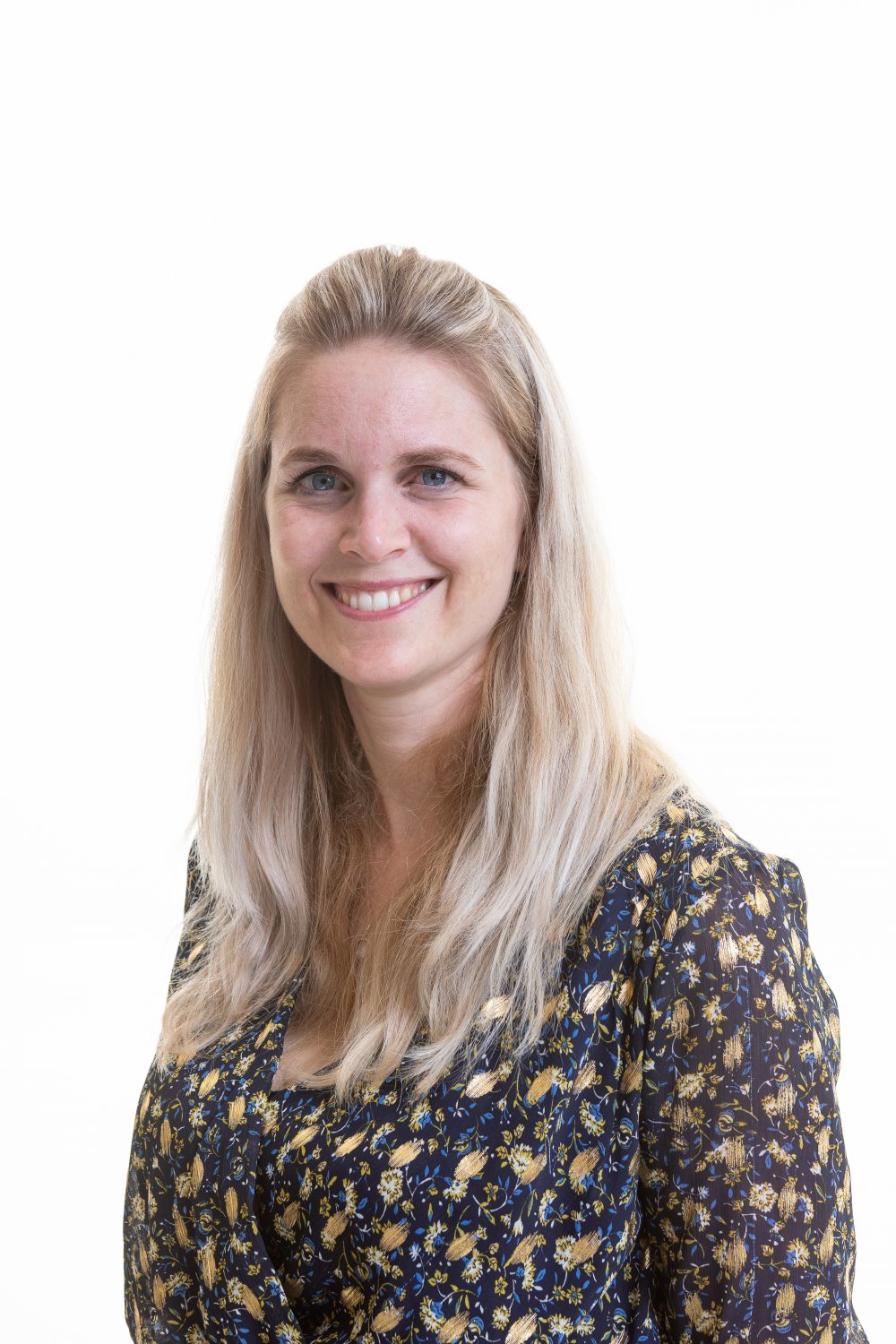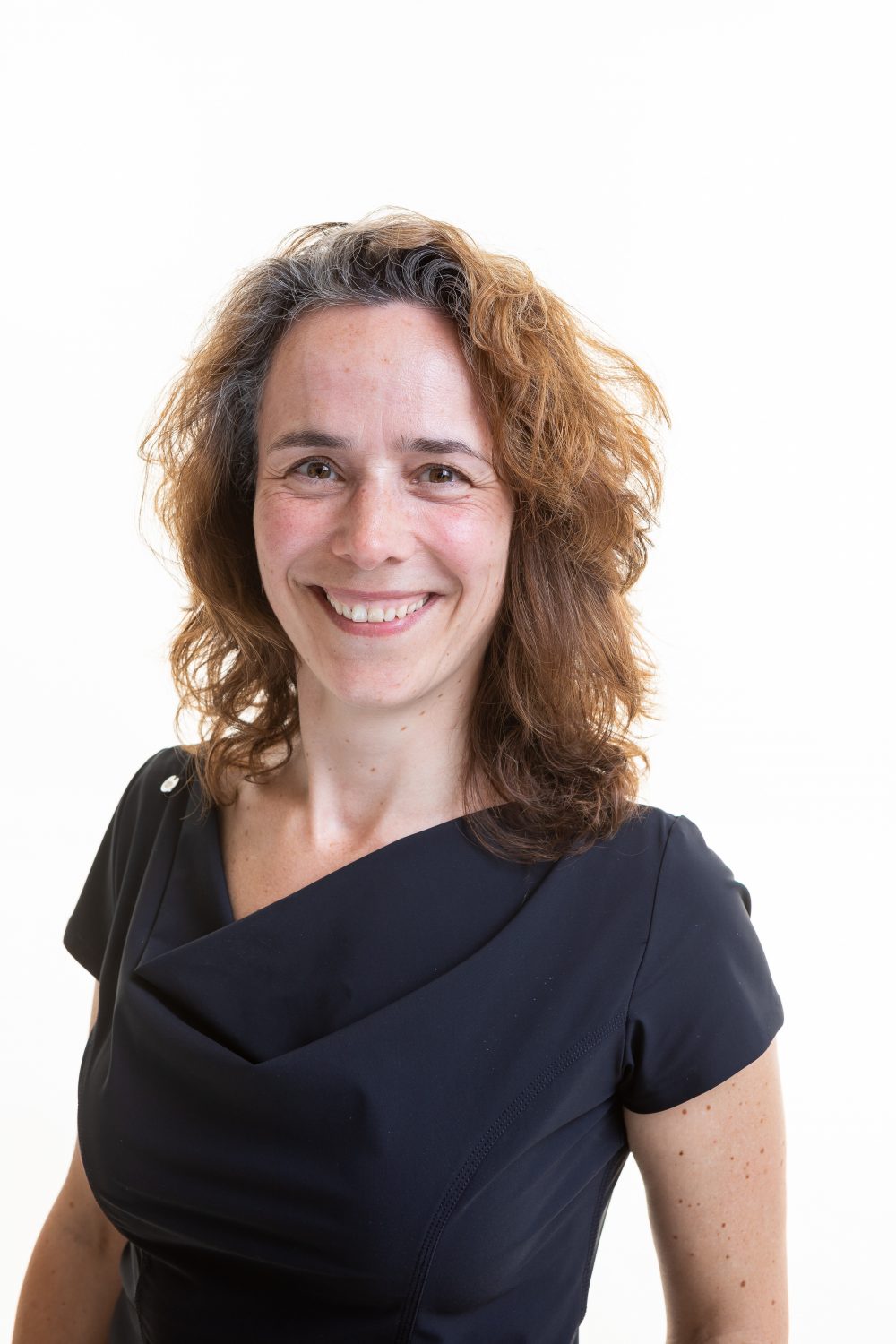Intake
The psychologist will start with an intake with you. Your complaints and your situation will be mapped out. To estimate how much conversations are needed to help you to find tools that you need to be able to continue on your own, will be since 2022 determined by the “zorgvraagtypering” (see below).
During the intake phase, it is important for you to experience if you experience a “click” between you and the psychologist. If you do not, please let the psychologist know. Together with you, she can determine which practice might be the better suitable for you.
Would you like to take someone with you during the first session? Of course that is allowed. It is also possible to involve a loved one during the treatment. He or she can give more insides on your complaints from a different view. He or she can receive information about how he or she can best support you. Also there is the possibility to discuss and perform exercises together.
Duration and form of treatment
Each client is unique. But different clients do have common characteristics. A diagnosis must be made but it does not clarify how much care someone needs. The “zorgvraagtypering” is a classification of groups of clients measured by their complaints.
Praktijk voor Psychologie is a psychologist’s practice where short-term and complaint-oriented treatment is given. This concerns mild to moderate complaints where you are stuck in your life or going through a difficult period. We treat people aged 18 years and older, with care needs types 1 to 4 and sometimes 5. When the psychologist estimates that your “care demand type” “(zorgvraagtypering)” will be 5 to 8, your psychologist will discuss with you which care and possible health care provider will be more suitable for you.
The number of sessions required to answer your request for help is estimated during the intake by means of questionnaires (OQ-45 and HONOS+) and the conversation with you. There are three categories in the duration of the treatment:
Short: up to 5 sessions
Medium: 5-8 sessions
Intensive: 8-12 sessions.
The “care demand type” (“zorgvraagtypering”) is done by your psychologist. For this she will use a questionnaire called HoNOS+. This questionnaire is completed by the psychologist on the basis of your complaints and problems.
Based on the answers to the HoNOS+, the psychologist determines which “care demand type” (“zorgvraagtypering”) best suits your complaints and problems. This provides information about the expected treatment effort and this must also be stated on the invoice for the treatment.
You fill in the OQ-45 digitally yourself prior to your intake, the results of which your psychologist will discuss with you during the intake.
Which treatment duration is appropriate for you will be discussed with you after the intake, and will be included in your treatment plan. We will agree with you what your goals are, what will be worked on in the treatment, and what you can do yourself (with help from your environment and with self-practice between treatment sessions). We strive for ‘as much treatment as necessary, and no longer than necessary’. Most people are not completely free of complaints at the end of treatment, but through treatment they have learned how to deal with difficult moments or feelings, and how their environment can also be of support in this.
Complaints and personal situation
When it has been decided to start treatment, your complaints and your situation will be further mapped out. If necessary, this includes completing one or more questionnaires. Costs may be charged for the elaboration of some of these questionnaires. In that case, the psychologist will always explicitly point this out to you in advance.
Treatment phase
The “care demand type” is not the same as the treatment plan. The treatment plan shows which treatment is agreed with you on the basis of your diagnosis and the goals that you agree with the psychologist. You will receive an explanation of which treatment method is used, and what is expected of you during the treatment. Then the treatment phase starts in which you work together with your psychologist to change your problems and complaints. Your psychologist will also ask you if you want to bring a loved one to a session. In this way, your environment is involved in the treatment, which can be helpful for your recovery. During the treatment, there are regular evaluation moments in which we discuss how the therapy is going: to what extent your treatment goals have been achieved, and possibly what is still needed to be able to complete the treatment in the long term. In the final phase of the treatment, attention is paid to relapse prevention: what have you learned and how can you continue to apply this after the treatment has been completed. In some cases, it appears that you have not yet been able to achieve your goals sufficiently. In that case, we will look together with you at how you can still do that. If necessary, we will refer you to another professional, of course after discussing this with you.
Collaboration with other care providers
We maintain contact with general practitioners / referrers, POH GGZ and paramedics in the area.
If you give permission for this, your GP/referrer will be informed in writing about the treatment and if necessary, consultation will be held. Before the report is sent to the GP, you always get to read the text first and you have the option to add to or change things. If you do not want the GP to be kept informed, you can also indicate this.
If desired, it is also possible to consult with other practitioners, such as a physiotherapist, occupational therapist, dieticians, etc.
Interested?
Wondering what we can do for you? Please contact us!






